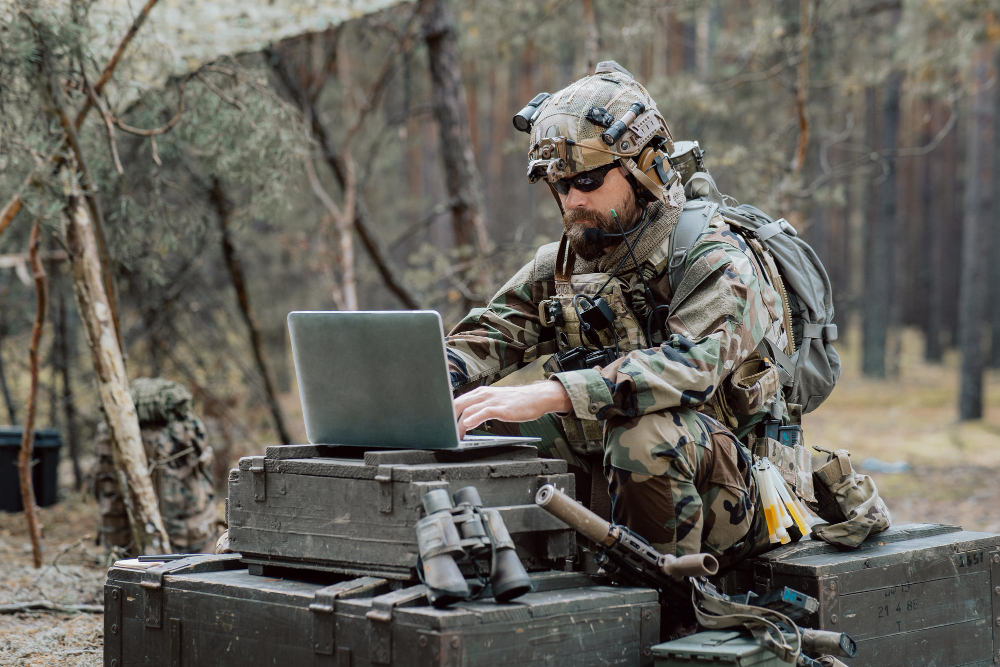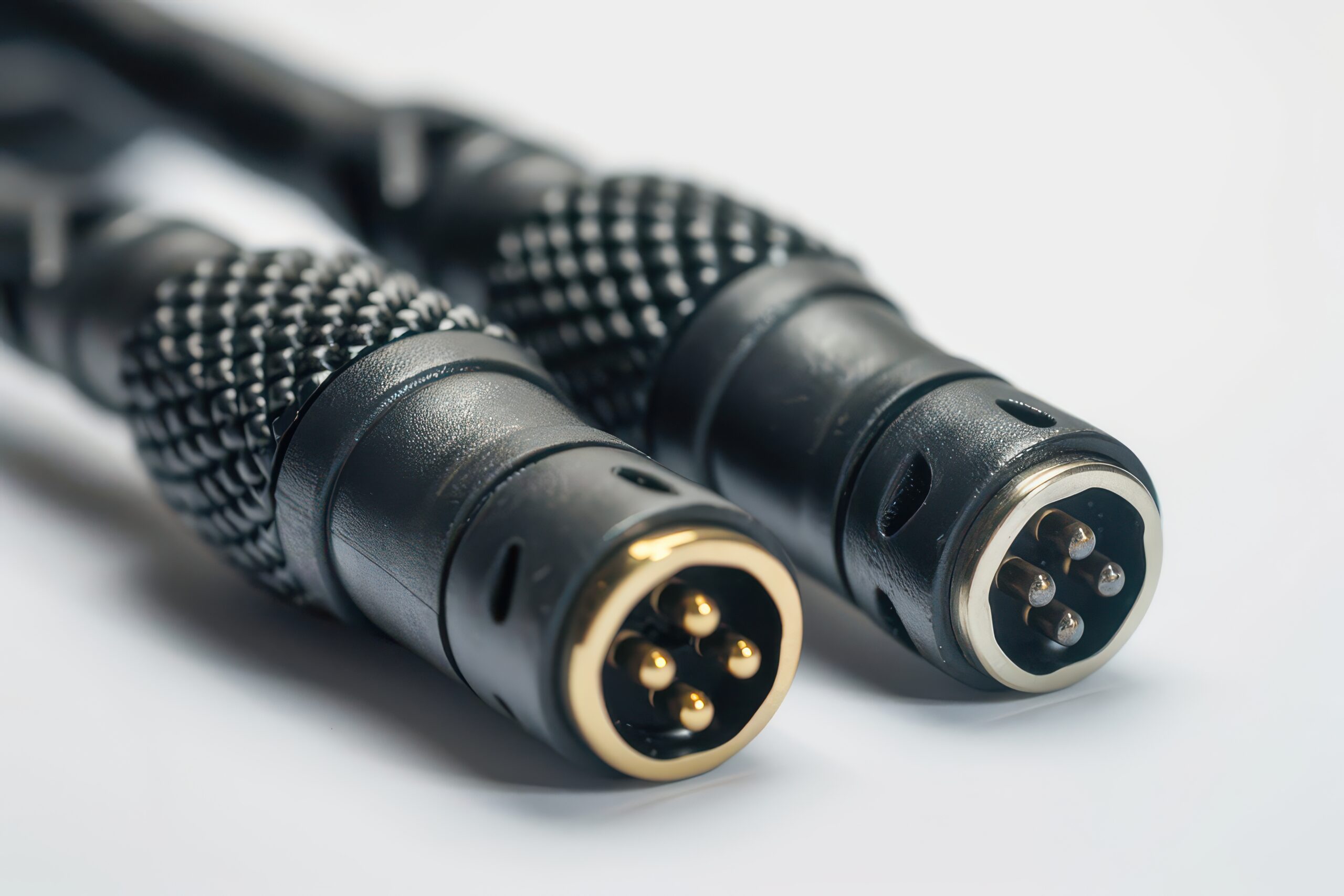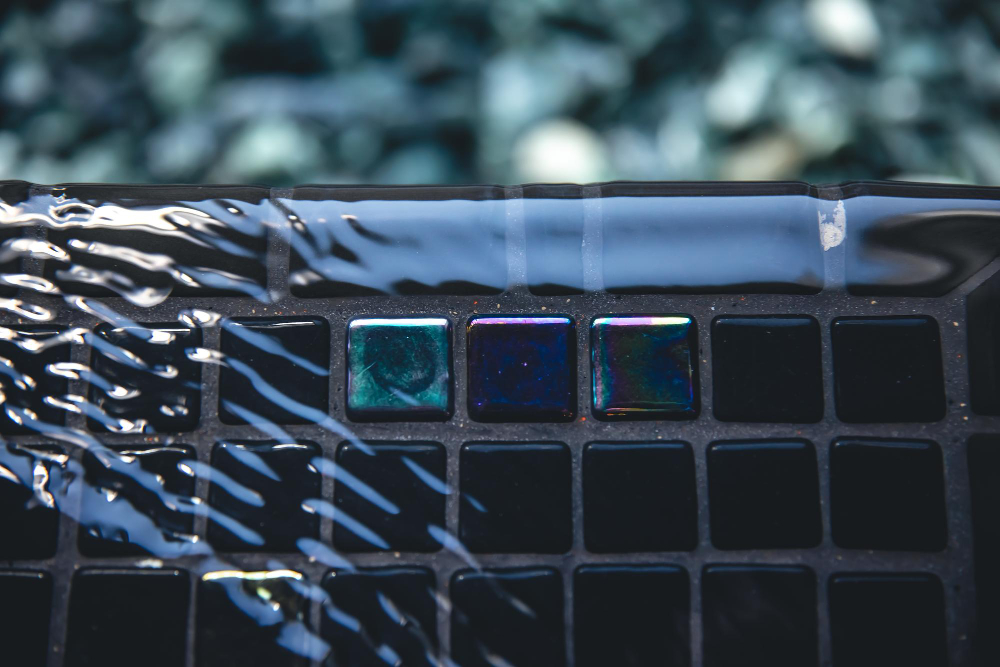Introduzione
When selecting industrial computing equipment, protection ratings like IP65, IP67, e MIL-STD are not just technical jargon—they are critical indicators of a product’s resilience and suitability for harsh environments. From rugged computers a PC a pannello e Box PC, these certifications ensure devices perform reliably under exposure to dust, water, shock, vibration, and extreme temperatures.
This article offers a comprehensive guide to understanding these common industrial protection specifications and standards, how they apply to defense and federal regulations industrial PCs must meet various standards and specifications to ensure their effectiveness in challenging environments., and why compliance with defense specifications is vital for operational success. MIL-STD e IP ratings is essential in sectors like defense, automation, energy, and transportation, where compliance with defense standards is critical.
What Are Industrial Protection Ratings? From IP Codes to Military Standards (MIL-STD)
Why Do IP65, IP67, and MIL-STD Matter for Industrial and Military Equipment?
Industrial protection ratings classify a device’s ability to withstand environmental hazards such as water, dust, temperature extremes, shock, and vibration according to established standards and specifications. These ratings originate from international standards and acquisition streamlining and standardization information e United States military standards, ensuring global interoperability and trust in product resilience.
- IP (Ingress Protection) Ratings: Defined by IEC 60529, IP ratings specify protection against solid objects (first digit) e liquids (second digit). Commonly seen on industrial Panel PCs that meet mil-std-461g requirements, IP65 e IP67 provide clear benchmarks for environmental sealing.
- MIL-STD: A set of military specifications and standards developed by the United States Department of Defense (DoD) emphasizes the importance of the defense standardization program in procurement.. MIL-STD-810 focuses on environmental engineering considerations and laboratory test methods to validate equipment for defense and harsh industrial use.
These standards assure customers that devices are engineered for long-term durability and reliable operation in ambienti esigenti.
Understanding IP Ratings: How IP65 and IP67 Classify Environmental Protection?
What Is the Difference Between IP65 and IP67 for Industrial Applications?
IP ratings serve as a global standard for ingress protection, essential in evaluating the robustness of PC a pannello, Box PC, and other industrial computing hardware.
| IP Rating | Protection Against | Typical Application |
|---|---|---|
| IP65 | Dust Tight / Water Jets | Indoor Machinery, Light Outdoor |
| IP67 | Dust Tight / Water Submersion (up to 1m) | Outdoor / Severe Environments |
Key Differences:
- IP65 ensures the device is protected from dust ingress e low-pressure water jets—ideal for factory floors, automotive environments, and HMI solutions.
- IP67 extends protection to temporary immersion in water, suitable for outdoor kiosks, transportation equipment, and sectors requiring high resilience to weather or washdowns often rely on standardized test method standards.
🔗 Esplora il nostro True Flat Fanless Touch Panel PC with mil-std-461g compliance designed for IP65 environments demanding reliable, fanless, touch-based computing.
What Is MIL-STD-810? The Role of Military Standards in Industrial Equipment
How Does MIL-STD-810 Test Method Ensure Performance in Extreme Conditions?
MIL-STD-810 is a widely adopted detail specification military standard established by the DoD (Department of Defense) to evaluate how equipment withstands environmental stressors. Originally created to ensure military-unique requirements, it now influences rugged industrial computer standards.
Key Aspects of MIL-STD-810:
- Environmental Testing: Includes shock, vibration, humidity, temperature extremes, sand, dust, salt fog, and more.
- Methodology: Defines test methods (e.g., MIL-STD-810H Method 514.8 for vibration).
- Purpose: To ensure adherence to standards and specifications in the design and implementation of industrial solutions.: Ensures equipment remains functional during transportation, deployment, and operation in adverse environments.
MIL-STD-810G / 810H certifications are commonly found on rugged Box PCs, military-grade Panel PCs, and equipment used in aerospace applications often follow rigorous standards and specifications to ensure safety and reliability., defense, e critical infrastructure applications.
Key Differences Between IP Ratings and MIL-STD Compliance for Industrial Computing
How to Select Between IP65, IP67, and MIL-STD Based on Application Scenarios?
When choosing item descriptions PC industriali, it’s crucial to align the protection standard as defined by interface standards with the application environment. Both IP ratings e MIL-STD serve different but complementary roles.
| Standard | Focus | Protection Scope | Industrial Example |
|---|---|---|---|
| IP65 | Ingress | Dust / Water Jets | HMI, Factory Panel PC |
| IP67 | Ingress | Dust / Water Immersion (1m, 30min) | Outdoor Embedded Box PC |
| MIL-STD | Ambiente | Shock, Vibration, Temp, Humidity, and interface standards | Rugged Box PC, Military System |
Key Considerations:
- IP Ratings focus on sealing against ingress, suited for environments exposed to water, dust, and contaminants as per standardization documents.
- MIL-STD addresses mechanical durability and environmental performance, ensuring the device survives deployment, vibration, and extreme conditions.
How to Choose the Right Protection Standard for Your Industrial PC or Panel PC?
Why Understanding Specifications and Standards Matters in IPC Selection?
Selecting between IP65, IP67, and MIL-STD depends on the specific industrial application, expected exposure, e operational demands.
Application Guidelines:
- IP65 Panel PCs: Ideal for factory environments, food processing, automation where water jets or dust are present but submersion is unlikely, it is essential to follow the relevant standards and specifications.
- IP67 Embedded Systems: Required for outdoor, transportation, heavy industry, o marine environments where immersion or direct weather exposure occurs.
- MIL-STD Rugged Systems: Critical for militare, defense, transportation, e oil & gas sectors where systems face shock, vibration, and extreme climates.
Understanding these specifications and standards ensures procurement of the right system for long-term reliability e compliance with industry regulations and standardization documents.
🔗 Per saperne di più Industrial Automation Solutions align with non-government standards for enhanced reliability. incorporating IP-rated and MIL-STD-compliant systems for mission-critical environments is part of the defense standardization program.
Conclusion: Why Industrial Protection Ratings Are Essential for Long-Term Performance
Navigating between different standards and specifications is crucial for ensuring compliance in industrial applications. IP65, IP67, e MIL-STD certifications is fundamental when specifying industrial computing systems must adhere to defense specifications to ensure durability and performance.. These standards validate a device’s readiness to operate in hostile conditions, safeguarding performance and ensuring regulatory compliance.
| Protection Focus | Recommended Solution |
|---|---|
| Ingress (Dust / Water) | IP65 / IP67 Rated Panel PCs |
| Mechanical Durability | MIL-STD-810 Certified Rugged PCs |
| Comprehensive Needs outlined in the handbook | Combined IP & MIL-STD Certifications |
Understanding these military standards e industrial specifications and standardization documents helps organizations minimize downtime, reduce total cost of ownership, and ensure safety across their operations.
🔗 Per saperne di più Oltre il sistema informativo (BIS) and how our solutions meet the highest standards for industrial computing resilience.



